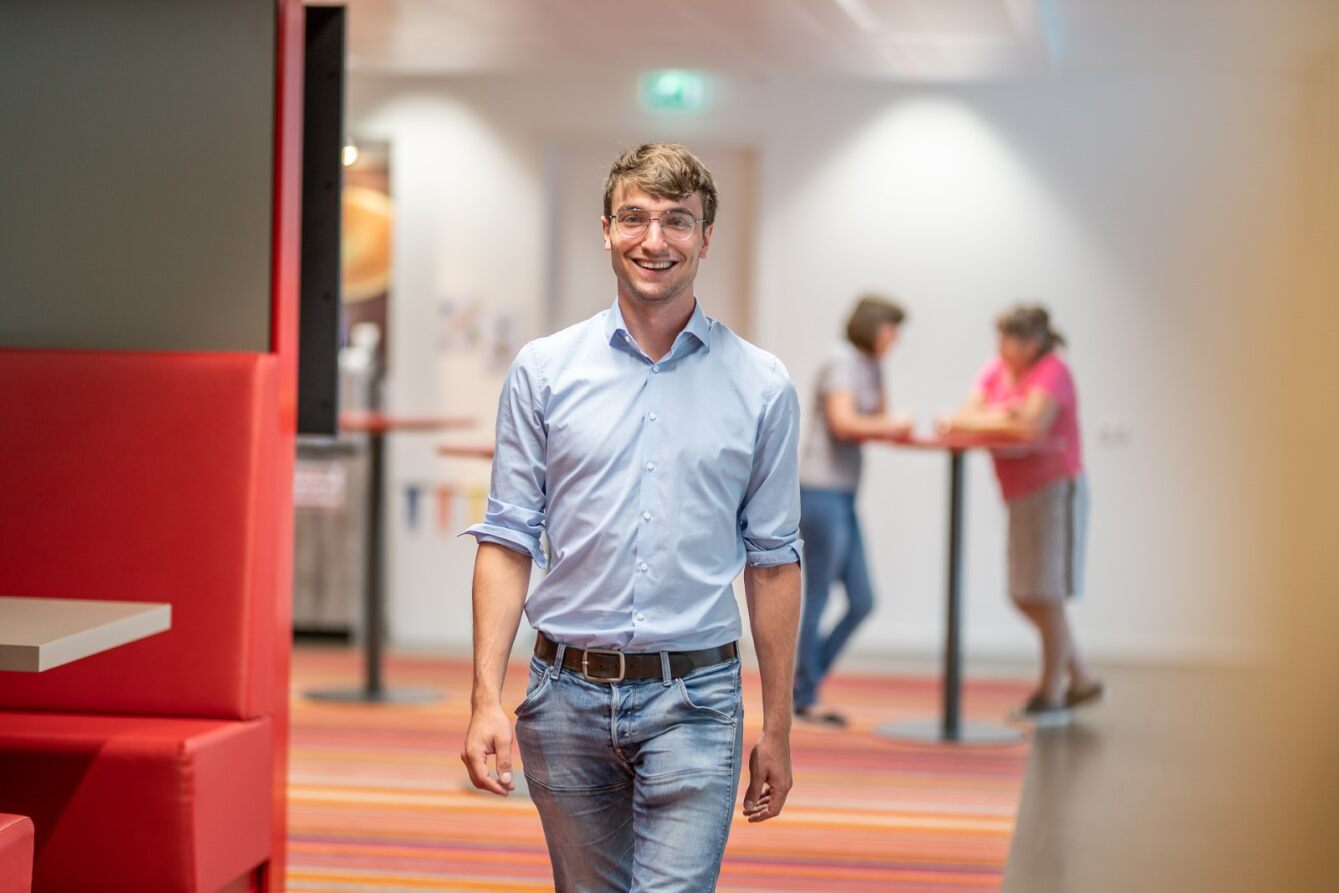“We have the support and freedom to try, develop, improve and fail; the focus within Kramp is on driving impact through learning”
After completing my master’s in Business Analysis and Modelling at Radboud University in Nijmegen in 2018, I knew I wanted to work at a sizable, international, technologically advanced company where I could still learn more about data science – and Kramp ticked all the boxes. It is pretty pioneering; it was an early adopter in terms of introducing a web shop all those years ago, and more recently in working with Google Cloud.
I joined on Kramp’s trainee programme, which was a great opportunity for me to spend a year trying out various different roles. I then started in my first position, as a data analyst in supply chain. Since then, I’ve been involved in a major project to improve Kramp’s demand forecasting using machine learning (ML). Leveraging the data science platform Vertex AI, which is supported by team Cortex, we were able to scale up to thousands of cores and that gave us the computational power we needed. We train a model for each individual products, which adds up to around 200,000 models. Since a model takes six second to calculate per core, sequentially this would take around 350 hours… but we do it in 11 minutes. Ultimately, the forecast accuracy has improved by 4%, which has already saved the company around €8 million in reduced forecasting errors. It’s rewarding to know that your data science expertise has had a big impact on improving Kramp’s bottom line.
I’m currently working on an A/B pipeline to see how changes to our website affect customers’ online behaviour. I use Bayesian probability to analyse the results and then translate them into business decisions. I’ve also created a Large Language Model (LLM) to improve the search function on our website and reduce the number of ‘zero results’ in response to the keywords customers use.
I love the fact that we receive so much support from management to conduct development work. We have the freedom to try, develop, improve and fail; the focus within Kramp is on driving impact through learning. One way we do this is in our informal community of around 50 data scientists/analysts who are spread throughout the Kramp organisation. We come together to showcase our developments, share problems, and exchange ideas and insights. As a data scientist, the large amount of failure involved can sometimes be frustrating, but I’ve learned to accept that it’s just part of the innovation process and move on quickly to the next project – and there are always plenty of other business opportunities to tackle with something as scalable as data science.
Kramp offers lots of opportunities for all kinds of formalised training, but data science is such a fast-moving field that you really need to take responsibility for keeping yourself up to date. So I spend a lot of time doing my own research to figure out how to tackle new issues, often together with my colleagues. We’re working in a highly complex environment, but collaboration runs smoothly thanks to the company’s product-team structure, and Kramp’s platform teams make development work easy. You know immediately who you need to reach out to if you have any questions. Everyone is passionate about their own specialisms and we’re constantly helping one another to discover and understand the newest data science developments.
There’s no clear-cut career path for me because the role of data science within the company is evolving all the time, so who knows what the future will bring. But for now I’m thoroughly enjoying learning and growing in my field every day.


